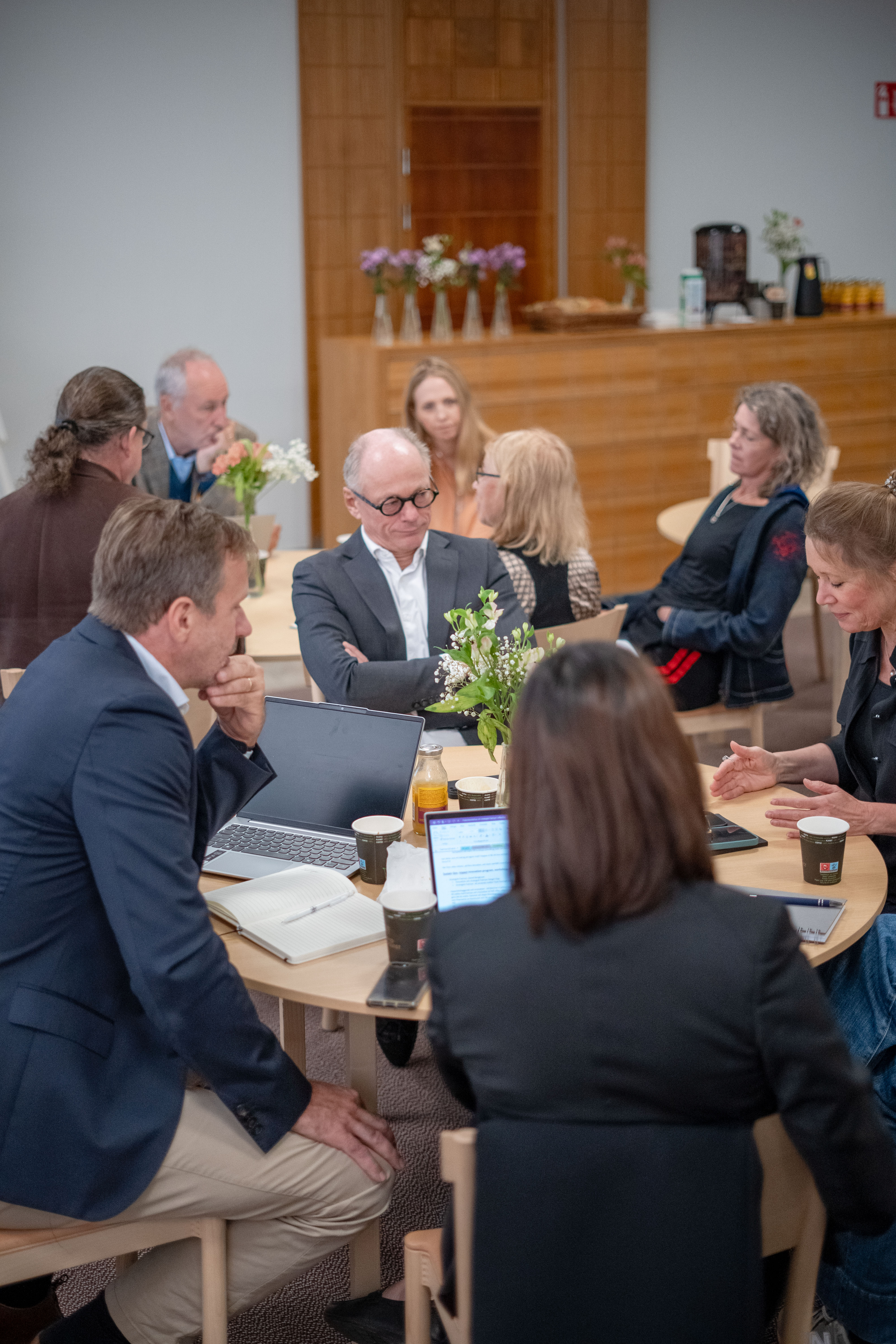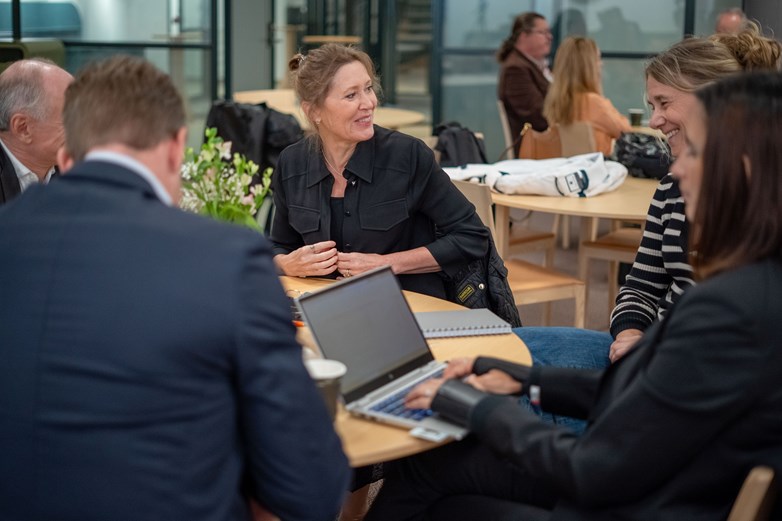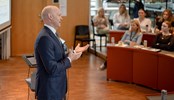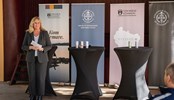Experts call for stronger foresight in Swedish public sector
The event opened with a keynote by Daniel Bengtsson, futurist and researcher at RISE, who described foresight as a crucial response to today’s "wicked problems" - climate change, demographic shifts, technological breakthroughs, and geopolitical instability. He emphasized that foresight should not be seen as isolated projects but as a continuous and integrated part of the policy cycle, supporting both resilience and innovation.
Discussions at four breakout tables confirmed the need for stronger foresight capacity in Sweden. While many organizations already conduct trend analysis and scenario planning, participants highlighted that efforts are often fragmented and insufficiently linked to strategic decision-making. Calls were made for a national framework and shared platforms for coordination, knowledge exchange, and capacity-building.

Participants during the workshop. Photo: Sofia Fransson
The roundtable concluded that building foresight requires three key movements: political and organizational legitimacy, systematic capacity-building through education and structures, and integration into governance and policy. Participants agreed that foresight is not just about predicting the future but shaping it, ensuring that Sweden’s public sector can act with resilience, adaptability, and long-term vision.
The event was organized by Professor Therese Reitan (Södertörn University), Jonas Törnblom (Strategic Advisor, GaPP), and Ola Ejlertsson (Senior Advisor, GaPP). The SustainGov program is funded by Vinnova, the Swedish Energy Agency (Energimyndigheten), and Formas.




